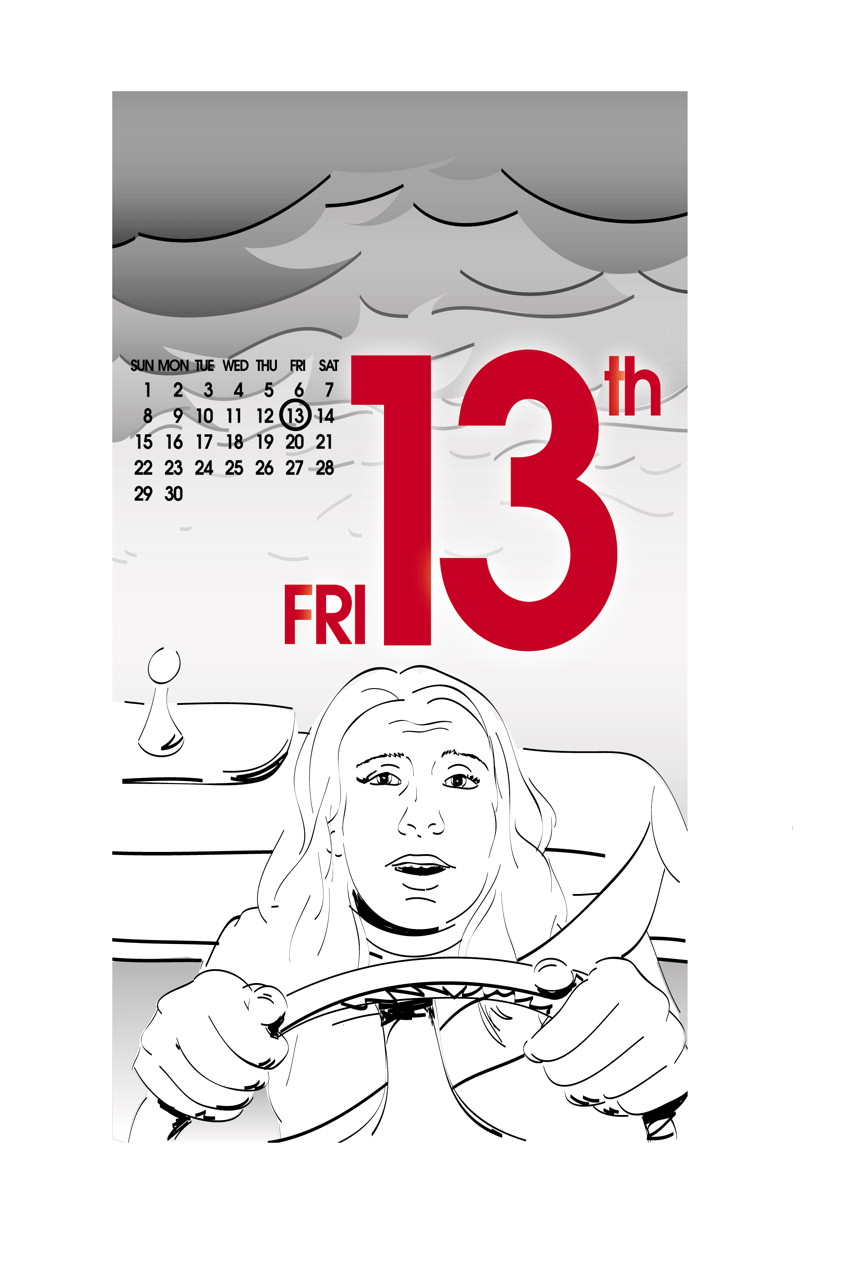
Who says that “unlucky days” like the fourth day of the month or Friday the 13th are nonsense?
Not a San Diego sociologist who reported last year that Americans of Japanese and Chinese descent die more often on the fourth day of the month than on other days (Psychiatric News, June 7, 2002).
And certainly not Simo Näyha, M.D., Ph.D., a professor of public health and an epidemiologist at the University of Oulu in Oulu, Finland. He has found that Finnish women incur more fatal traffic accidents on Fridays that fall on the 13th day of the month than they do on other Fridays.
Details of his study appeared in the December American Journal of Psychiatry.
It all started, Näyha explained to Psychiatric News, when he attempted to see whether special days such as New Year’s Day, Midsummer, or Christmas influence national death rates in Finland. They do, he found: Death rates usually decline before a holiday and rise after. Then he became interested in seeing whether outdoor temperature influences national death rates in Finland, and it was while he was researching this subject that he came across a 1993 British study suggesting that hospital admissions for traffic accidents increase on Friday the 13th. That investigation prompted him to undertake one of his own to see whether Friday the 13th influences traffic deaths in Finland.
First Näyha determined, with data from the Statistics Office of Finland, that from 1971 to 1997 there were 1,409 Fridays, 45 of which were Friday the 13th. He excluded Good Fridays from these Fridays because the Easter holidays, he reasoned, might have influenced people’s driving behavior. That left 43 Friday the 13ths and 1,339 other Fridays for his analysis.
Next, he obtained from the Finnish Meteorological Office the average daily temperatures for all of these Fridays because, he reasoned, temperature could have influenced people’s driving behavior on these days.
Using data from the Finnish statistics office, he determined how many traffic deaths had occurred on all the Fridays. He learned that 82 men had died on a Friday the 13th, and 2,423 men on one of the other Fridays, for a total subject group of 2,505. He found that 41 women had died on a Friday the 13th, and 789 on one of the other Fridays, for a total subject group of 830.
Taking age and the temperature on the day of death into consideration, he further found that men did not have a significantly greater chance of dying from a traffic accident on Friday the 13th than on another Friday, but women did. In fact, the women had a 63 percent greater risk of dying in a traffic accident on Friday the 13th than on another Friday.
Näyha doesn’t believe, however, that there is anything ill fated about Friday the 13th itself that would endanger Finnish women drivers. Rather, he suspects that the fear that Friday the 13th instills in some of them causes them to have an accident. Or, as he speculated in his study report, “It is not inconceivable that on Friday the 13th women who are susceptible to superstitions obsess that something unfortunate is going to happen, which causes anxiety and the subsequent degradation of mental and motor functioning.”
He plans next to see whether Friday the 13th influences deaths from causes other than traffic accidents, he told Psychiatric News.
Am J Psychiatry 2002 159 2110
 Who says that “unlucky days” like the fourth day of the month or Friday the 13th are nonsense?
Who says that “unlucky days” like the fourth day of the month or Friday the 13th are nonsense?